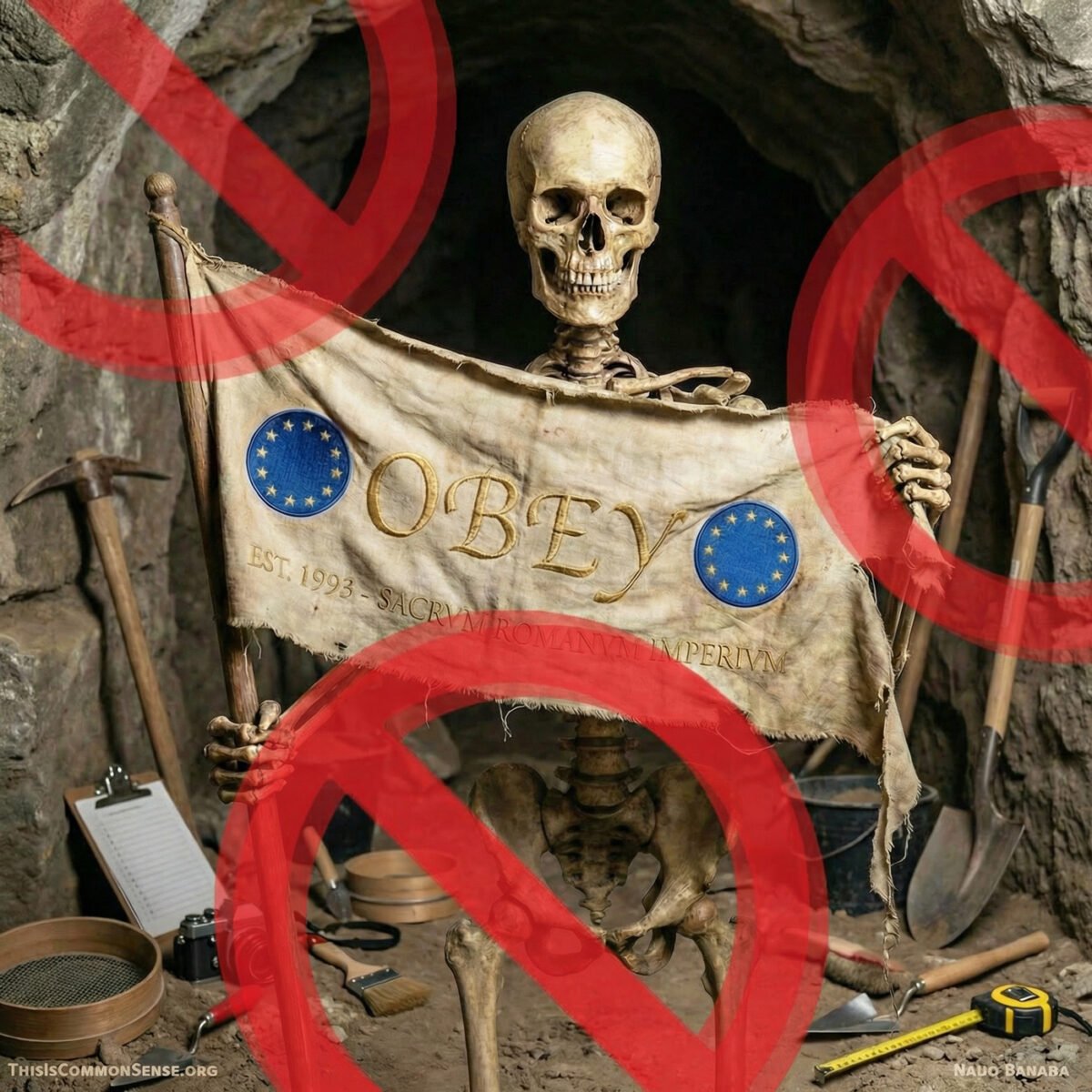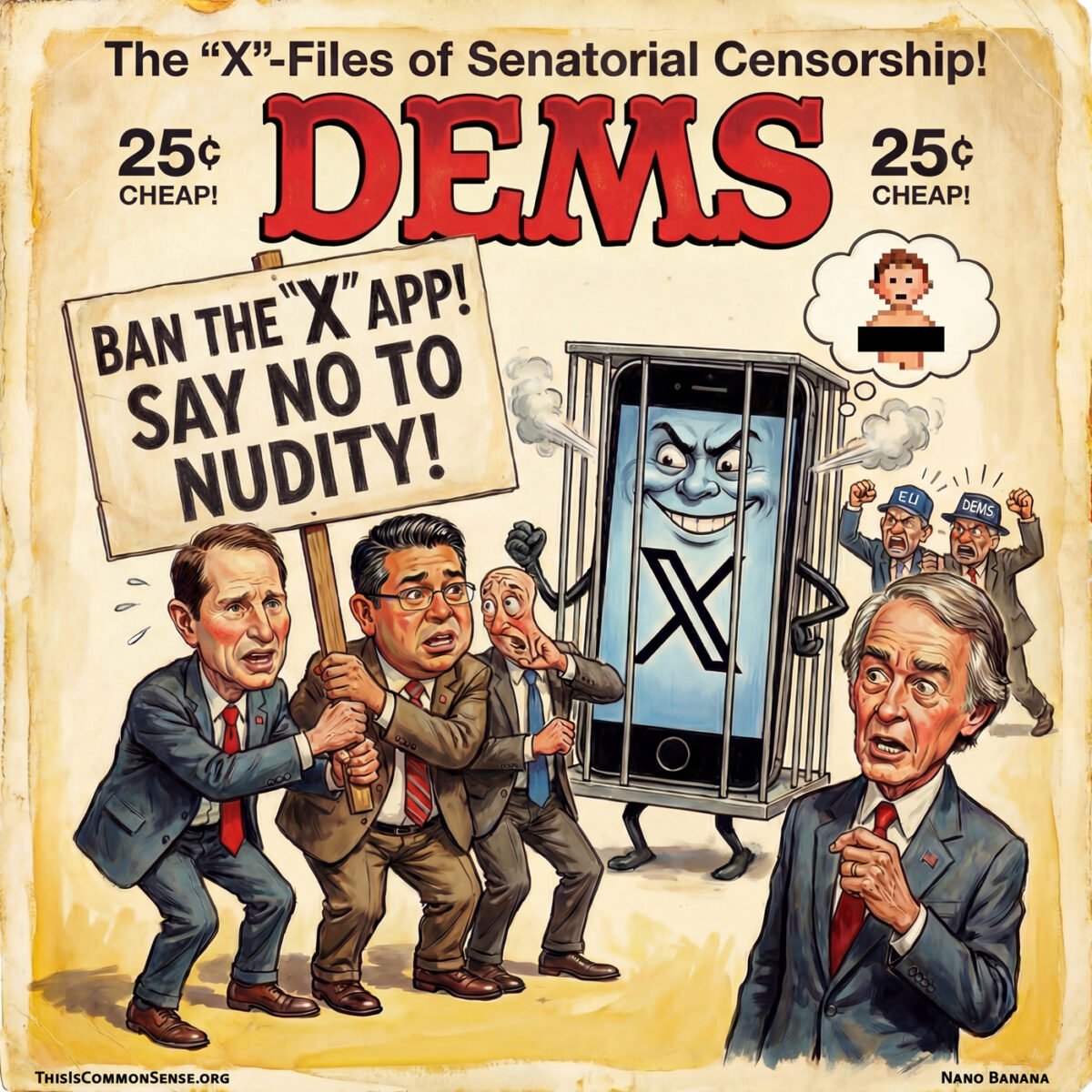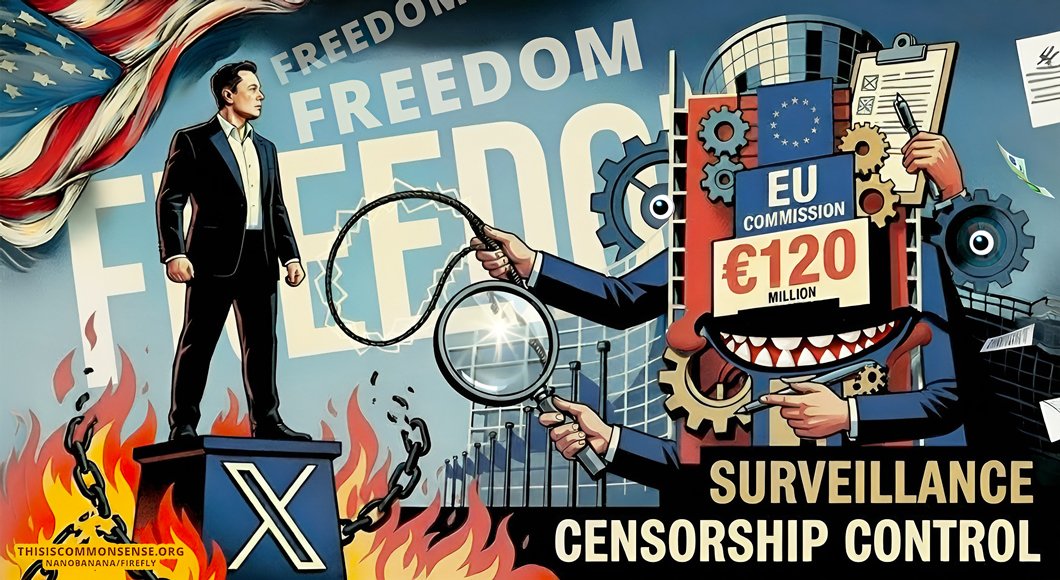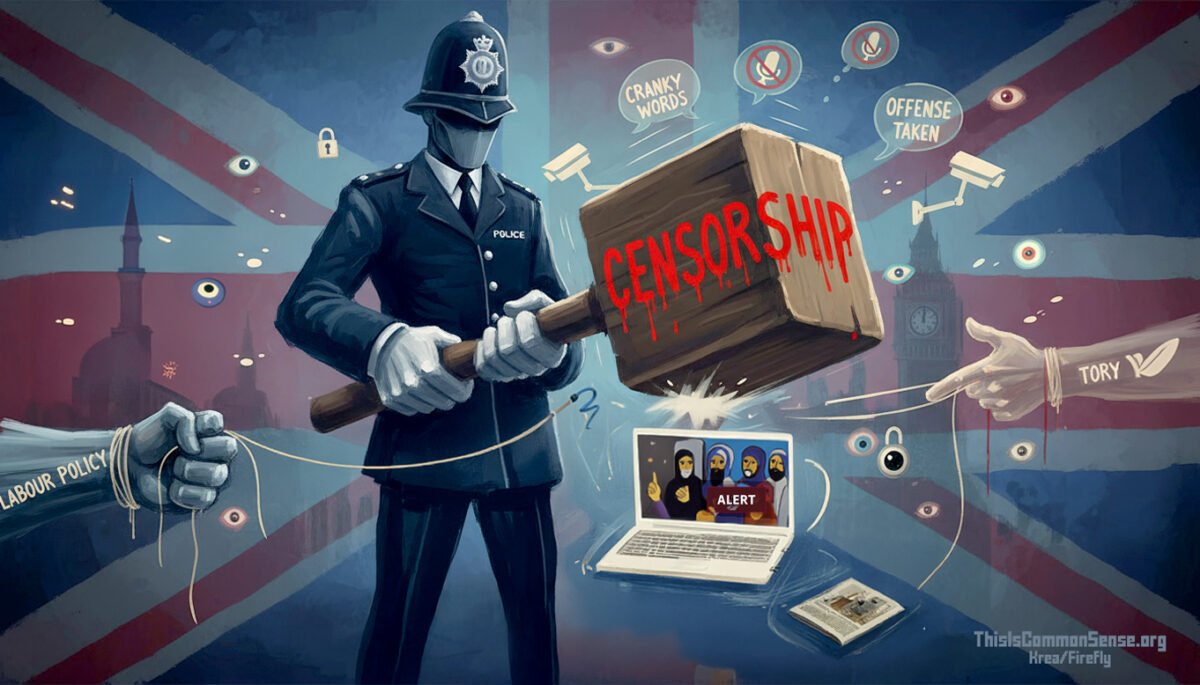Give Emanuel Brünishol credit for pluck.
The man uttered opinions on social media with which some people disagreed. A Swiss court fined him 500 Swiss francs. He refused to pay — believing that one should not be fined or condescend to pay fines for merely uttering opinions, no matter how annoying they may be.
So the Swiss government sent Brünishol to prison for ten days.
His terrible views?
That skeletons can be only male or female. He also seemed to suggest that trans people are mentally ill.
The post: “If you excavate LGBTQI [lesbian, gay, bisexual, transgender, queer, intersex] people after 200 years, you will only find men and women among the skeletons; everything else is a mental illness that was fostered by the curriculum!”
Agree, disagree, in whole or in part — not the issue. The issue is why Brünisholz’s wading into issues of sex and gender caused the Swiss police to haul him in for questioning “on suspicion of incitement to hatred.”
If somebody’s gonna hate you because you disagree with them on a question, the only alternative to “inciting hatred” is staying mute or uttering opinions so empty that not even the most eager censor would think to call the cops about it. And then how can we ever discuss anything that is both controversial and important?
Of course, none of the sensitive Europeans forwarding Facebook posts to the police are being fined for their own hatred — of freedom of speech.
This is Common Sense. I’m Paul Jacob.
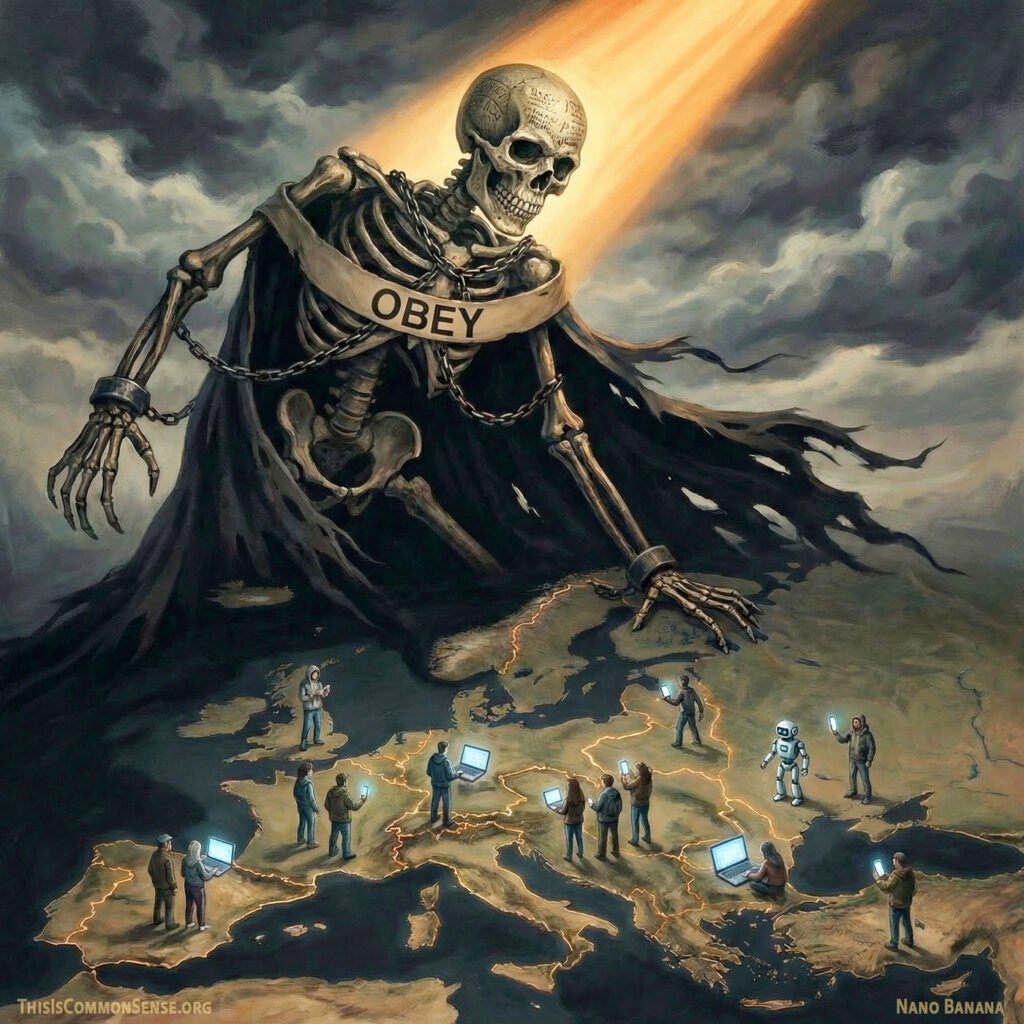
Illustration created with Nano Banana
See all recent commentary
(simplified and organized)
See recent popular posts
